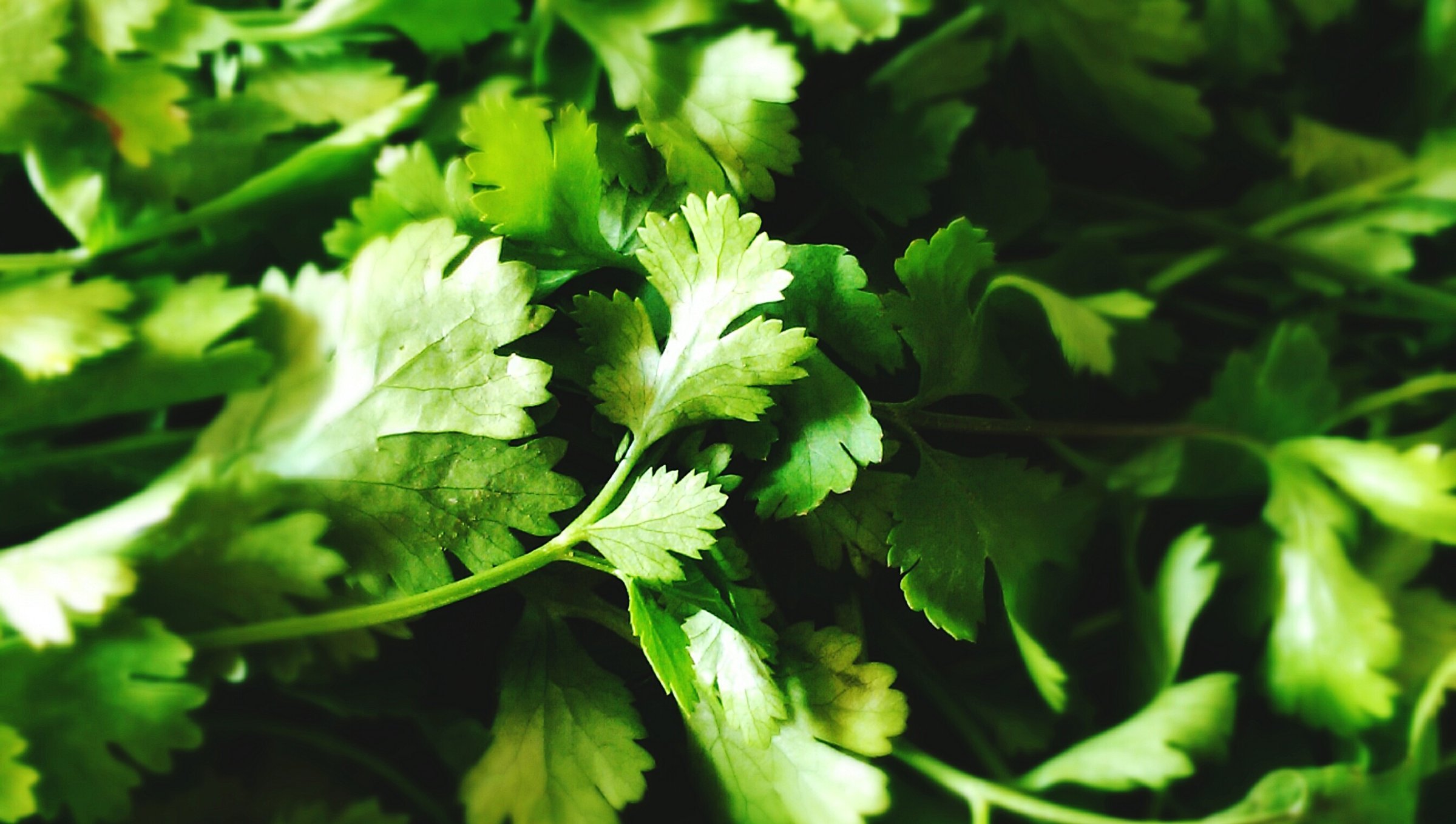
If only food recalls were a rarity. Unfortunately, many foods are pulled from grocery store shelves for some sort of contamination issue (sometimes after you’ve already brought them home). There were several recalls this week, but since not every recall reported by the Food and Drug Administration (FDA) makes headlines, we’ve rounded them up for you. If you purchased a product that’s been recalled, you can often return it from where you bought it for a refund.
Cilantro
Brand: various; cilantro from Puebla, Mexico
Contaminated with: Listeria
This one isn’t a grocery store recall, per se, but it’s a revolting food safety issue to know about. Investigators at the FDA are looking into ongoing outbreaks in various U.S. states of cyclosporiasis infections, which is an intestinal illness that’s caused by a microscopic parasite. Fresh cilantro from the state of Puebla, Mexico is suspected to be the source of some of the illnesses, though the investigation is still ongoing. Read the full report, here.
Macadamia nuts
Brand: Izzie Macs!
Contaminated with: Salmonella
Mahina Mele Farm has recalled some products containing macadamia nuts after it was discovered the nuts were contaminated with salmonella. The products include salted, unsalted, wholes and pieces Macadamia nuts, and Nut “Buttah.” Read the full report, here.
Apple Hard Cider
Brand: Angry Orchard
Contaminated with: No contaminants, but the bottles are bursting.
Angry Orchard recalled select cases of their Crisp Apple Hard Cider due to alerts from consumers concerning bottles breaking or overflowing under increased pressure, possibly do to re-fermentation. Read the full report, here.
Whey, casein and colostrum protein products
Brand: Just Be Natural (JBN), Whey Isolates, Earth Superior Whey, Gifted Nutrition, Confidence Isolates, Recovery Fuel, Growtein
Contaminated with: Undeclared milk
Nutrition Resource Services, Inc. is recalling products that contain whey concentrate, whey isolate, casein, and colostrum, because they contain milk which is not included on the product labels. That’s problematic for people who have milk-related allergies. Read the full report, here.
More Must-Reads From TIME
- The 100 Most Influential People of 2024
- The Revolution of Yulia Navalnaya
- 6 Compliments That Land Every Time
- Stop Looking for Your Forever Home
- If You're Dating Right Now , You're Brave: Column
- The AI That Could Heal a Divided Internet
- Fallout Is a Brilliant Model for the Future of Video Game Adaptations
- Want Weekly Recs on What to Watch, Read, and More? Sign Up for Worth Your Time
Contact us at letters@time.com